Reading Orientalism: Said and the Unsaid
Book
The late Edward Said remains one of the most influential critics and public intellectuals of our...

The Creative Writing Workbook
Book
IMPROVE YOUR CREATIVE WRITING WITH THIS PRACTICAL, LEARNING FOCUSED WORKBOOK. Are you inspired to...

The Sound and the Fury: An Authoritative Text, Backgrounds and Contexts, Criticism
William Faulkner and Michael Gorra
Book
William Faulkner's provocative and enigmatic 1929 novel, The Sound and the Fury, is widely...
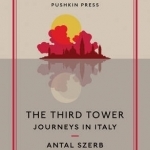
The Third Tower: Journeys in Italy
David Pearson, Antal Szerb and Len Rix
Book
A typically brilliant, ironic and moving travelogue by one of the twentieth century's greatest...
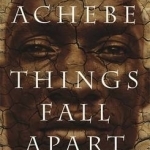
Things Fall Apart
Chinua Achebe and Biyi Bandele
Book
A compelling story of one man's battle to protect his community against the forces of change, the...
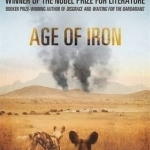
Age of Iron
Book
Nobel Laureate and two-time Booker prize-winning author of Disgrace and The Life and Times of...

The Dead House
Book
'Chilling, atmospheric and so gripping it hurts. The Dead House is a masterpiece. You won't read a...
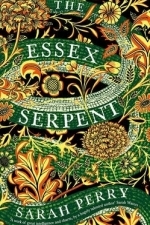
The Essex Serpent
Book
Essex Serpent Strange News Out of Essex...'One of the most memorable historical novels of...
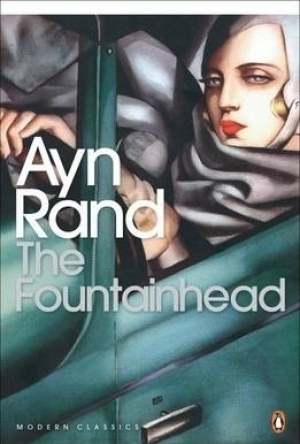
The Fountainhead
Book
Her first major literary success, Ayn Rand's The Fountainhead is an exalted view of her Objectivist...
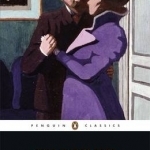
The Good Soldier: A Tale of Passion
David Bradshaw and Ford Madox Ford
Book
Ford Madox Ford's extraordinary novel of passion and betrayal, The Good Soldier, is edited with an...
